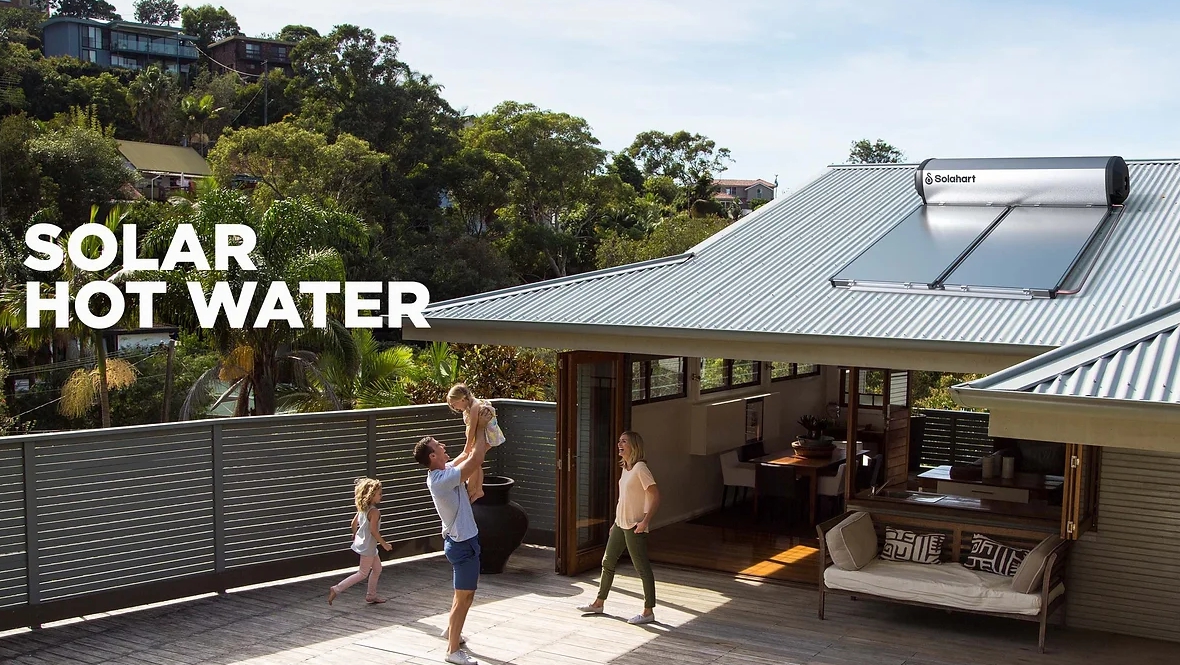Useful Knowledge About Solar Energy Management System
Useful Knowledge About Solar Energy Management System
Blog Article
Just what is a solar technology management system?
A solar panel technology management system is a comprehensive setup so that the efficient generation, monitoring, and usage of solar technology. It calls for a multitude of components including solar power systems, inverters, batteries, and monitoring systems. One of many key elements in modern solar technology management is the usage of advanced monitoring systems, that may significantly enhance the efficiency and robustness of solar panel technology generation.
Importance and advantages of solar energy management systems
The value of solar energy management systems is in their capability to harness renewable power, reduce expenses, and reduce environmentally friendly impact. They are needed for optimizing the performance of solar panels, making sure energy generation meets consumption needs, and maximizing roi.
2- Understanding Solar technology
Explaining solar panel technology generation
Solar energy generation involves converting sunlight into electricity. This really is typically achieved with the use of photovoltaic cells which generate an electric current when confronted with sunlight. Solar power systems are made up of these cells and are set up in locations with optimal sunlight exposure.
How solar power panels work
Solar panel systems work by getting photons from sunlight to knock electrons totally free of atoms, generating a power current. This dc (DC) might be become alternating current (AC) by an inverter, making it usable for household appliances and the electrical grid.
Kinds of solar power systems
You will find mainly three kinds of solar energy systems: grid-tied, off-grid, and hybrid systems. Grid-tied systems are linked to the electrical grid, enabling the extra energy to become fed back into the grid. Off-grid systems are standalone and frequently include batteries to save the solar technology. Hybrid systems combine components of both.
3- Aspects of a Solar power Management System
Solar panels
Solar panels include the fundamental component for capturing sunlight and converting it into electricity. They could be attached to roofs or any other structures.
Photovoltaic (PV) panels
Photovoltaic panels contain solar cells, which generate electrical energy by using sunlight.
Solar thermal panels
Solar thermal panels can be used heating purposes by absorbing sunlight to heat a fluid which may then be used to produce steam.
Inverter
Inverters are critical components that convert DC produced by solar panel systems into AC which is often used by most appliances and can be fed to the grid.
Batteries
Batteries are utilized mainly in off-grid systems to store excess energy may be used when sunlight is just not available.
Charge controller
A cost controller manages the charging and discharging in the battery, protecting it from overcharging and over-discharging.
Monitoring and control systems
Monitoring and control systems allow users to trace, analyze, and manage the performance of solar panel technology systems remotely.
For more details about solahart check out this useful site